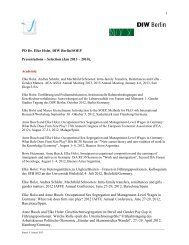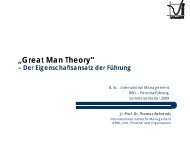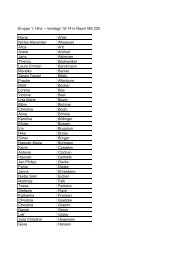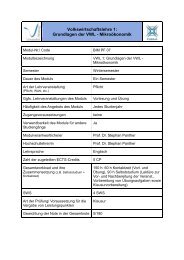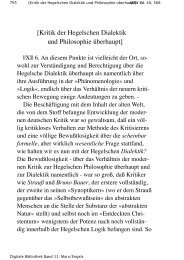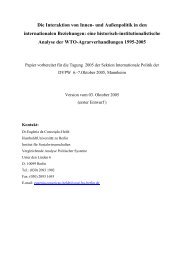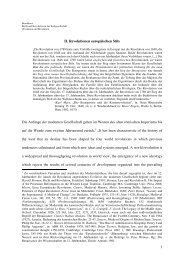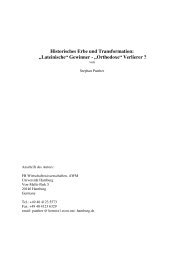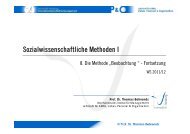The Potential of Electricity Generation from Poultry Waste in ...
The Potential of Electricity Generation from Poultry Waste in ...
The Potential of Electricity Generation from Poultry Waste in ...
You also want an ePaper? Increase the reach of your titles
YUMPU automatically turns print PDFs into web optimized ePapers that Google loves.
(ix) To ensure reliable supply <strong>of</strong> energy to the people at reasonable and affordable<br />
price.<br />
(x) To develop a regional energy market for rational exchange <strong>of</strong> commercial energy<br />
to ensure energy security” (NEP, 2004, p. 2).<br />
Renewable Energy Policy<br />
<strong>The</strong> National Energy Policy (NEP) 1996 also covers the Renewable Energy Policy. <strong>The</strong>re are<br />
different objectives set <strong>in</strong> the policy for the development <strong>of</strong> renewable energy sectors. <strong>The</strong><br />
objectives are given below:<br />
“• Promotion <strong>of</strong> renewable energy attract<strong>in</strong>g private capital <strong>in</strong>vestment<br />
• To accelerate electrification program us<strong>in</strong>g renewable energy resources<br />
• To reduce pressure on commercial fuels<br />
• <strong>Generation</strong> <strong>of</strong> power utiliz<strong>in</strong>g renewable energy to share at least 5% <strong>of</strong> total demand by<br />
2010 and 10% by 2020.<br />
• To ensure optimum development <strong>of</strong> all renewable energy sources<br />
• To ensure environmentally sound susta<strong>in</strong>able energy development programs caus<strong>in</strong>g<br />
m<strong>in</strong>imum damage to environment.<br />
• To encourage public and private sector participation <strong>in</strong> the development renewable<br />
energy<br />
• To promote competition among the entrepreneurs” (NEP, 2004, p. 42).<br />
Under the policy, the renewable energy entrepreneur is responsible to f<strong>in</strong>d its consumer for<br />
electricity. <strong>The</strong> tariff <strong>of</strong> electricity can be settled mutually by the entrepreneur and the<br />
consumer. <strong>The</strong> entrepreneur can build its own distribution system or it can use the exist<strong>in</strong>g<br />
distribution system <strong>of</strong> different utilities subject to payment <strong>of</strong> wheel<strong>in</strong>g charges. <strong>The</strong> utilities<br />
may buy the electricity <strong>from</strong> the grid connected renewable energy projects through mutually<br />
agreed Power Purchase Agreement (PPA). <strong>The</strong> policy <strong>of</strong>fers different f<strong>in</strong>ancial <strong>in</strong>centives to<br />
promote the sector. <strong>The</strong> renewable energy entrepreneurs shall be exempted <strong>from</strong> corporate<br />
<strong>in</strong>come tax for a period <strong>of</strong> 15 years. 100% depreciation <strong>in</strong> the first year was considered for<br />
solar projects and 100% depreciation for 5 years was considered for other renewable projects<br />
such as w<strong>in</strong>d, biogas etc. Import <strong>of</strong> renewable energy plant or equipments will be free <strong>of</strong><br />
custom duties and Value Added Tax (VAT). Foreign <strong>in</strong>vestors are encouraged to enter the<br />
bus<strong>in</strong>ess with jo<strong>in</strong> venture. <strong>The</strong> policy also <strong>of</strong>fers some other <strong>in</strong>centives for the foreign<br />
<strong>in</strong>vestors (NEP, 2004, p. 43-44).<br />
11





